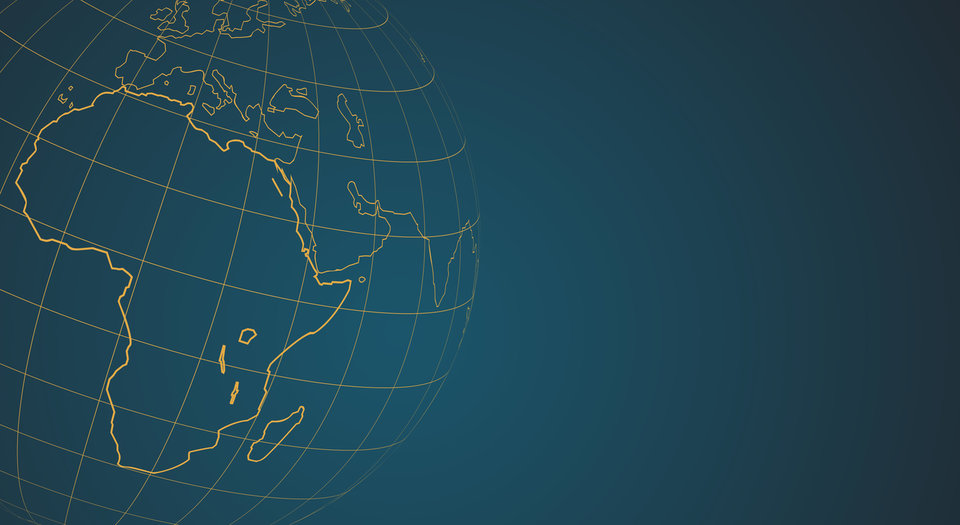
POLITICS
Mapping the rise of resource nationalism in Africa
The economic fallout of the Covid-19 pandemic, paired with strong commodity prices, has spurred fears of a new wave of resource nationalism as governments look to recover some of the financial losses of 2020. With African nations forming some of the usual suspects for resource nationalism, Matthew Hall looks at who’s at risk and what regulatory changes could be in the works.
A
recent study from risk consultancy Verisk Maplecroft found that the Covid-19 pandemic has contributed to a surge in governments pursuing resource nationalist policies – those that attempt to assert at least some sovereign control over natural resources. Around the globe, 34 countries saw their Resource Nationalism Index, the score Verisk Maplecroft gives to countries based on resource policy, rise significantly in 2020.
Africa is home to the heaviest concentration of countries seeking to increase their control over resources.
Reasons for a surge vary depending on the country – but the economic impact of the pandemic has “aggravated an already growing tendency for government interventionism in the resource sector”, according to Verisk Maplecroft, as governments look to recoup some of the financial losses brought on by Covid-19.
We map the African nations where resource nationalism looks set to rise post-pandemic.